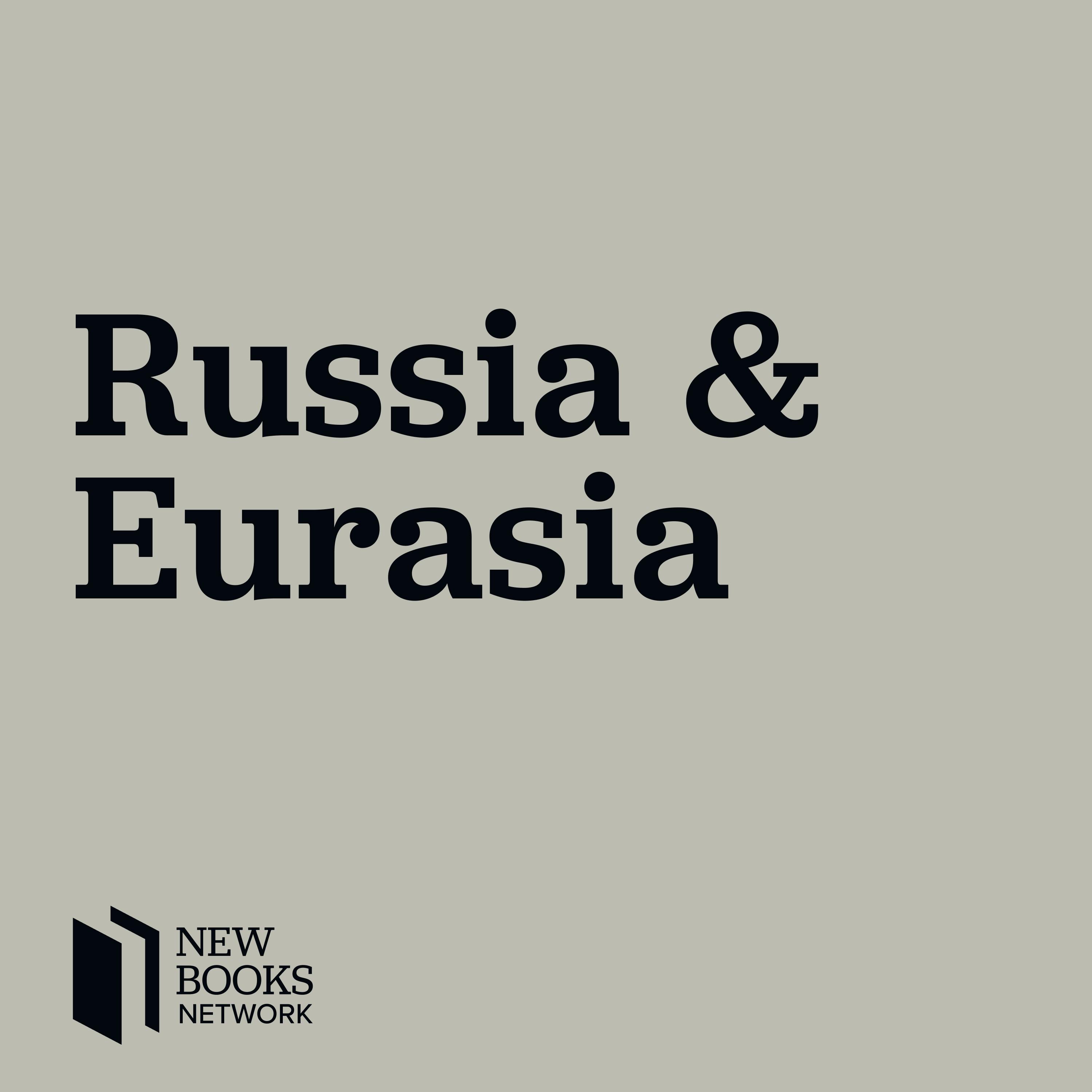Myroslav Shkandrij, "Avant-Garde Art in Ukraine, 1910-1930: Contested Memory" (Academic Studies Press, 2019)
Description
Myroslav Shkandrij’s Avant-Garde Art in Ukraine, 1910-1930: Contested Memory (Academic Studies Press, 2019) offers an insight into the development of the Ukrainian avant-garde, a topic which still remains unjustifiably understudied. The book is an important contribution to the reevaluation of the artistic legacies of the world-renowned artists: Kazimir Malevich, David Burliuk, Mykhailo Boichuk, Vadym Meller, Ivan Kavaleridze, and Dziga Vertov. As the title of the book prompts, the focus is made on the Ukrainian heritage and background that the above-mentioned artists manifested in and through their works. Here Shkandrij initiates an intervention into the scholarship that for many years dismissed the Ukrainian contribution when discussing the avant-garde development.
Drawing attention to national and ethnic choices that the artists used to make, but which happened to be silenced or ignored in the subsequent critical reviews and investigations, the book, however, does not suggest to embrace a one-sided approach. Shkandrij balances the local and international contexts when outlining the Ukrainian color of the avant-garde artists that became recognized world-wide. Avant-Garde Art in Ukraine provides complex and multilayered milieus that help better understand how the Ukrainian pattern became to be dismissed or devalued in the conversations about the international avant-garde. The book welcomes a multifaceted approach to the discussion of how the artists developed their techniques, which seem to have responded to a multinational and multiethnic environment which appeared authentic for Ukraine at the beginning of the twentieth century. The subtitle of the book—contested memory—is a welcoming gesture towards further investigations of the Ukrainian avant-garde, which appears to be inherently grounded in a diversity of influences and overlaps that establish deep cultural bonds with the international movement.
Learn more about your ad choices. Visit megaphone.fm/adchoices
More Episodes
Before Josef Stalin's death in 1953, the USSR had, at best, an ambivalent relationship with noncommunist international organisations. Although it had helped found the United Nations, it refused to join the United Nations Educational, Scientific, and Cultural Organization (UNESCO) and other major...
Published 04/04/24
Despite the intense processes of deindustrialisation around the world, the working class continues to play an important role in post-industrial societies. However, working-class people are often stigmatised, morally judged and depicted negatively in dominant discourses.
The Urban Life of Workers...
Published 04/01/24
Since its founding in 1995, the FSB, Russia's Federal Security Service, has regained the majority of the domestic security functions of the Soviet-era KGB. Under Vladimir Putin, who served as FSB director just before becoming president, the agency has grown to be one of the most powerful and...
Published 03/26/24


